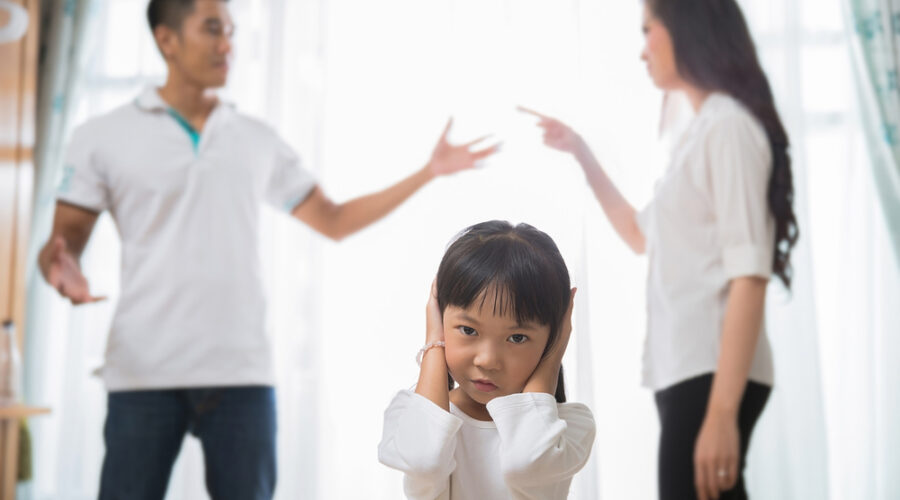
Emotions run high in divorce, particularly when children are at stake. When parents are involved in a litigious battle over children, intense emotions of a parent dealing with change and loss may cloud his or her ability to separate emotions from the needs of a child. To deal with this reality, courts look to the welfare of a child when making orders regarding children and their future. The goal of the welfare of the child is the well-being of a child’s mental health, security, happiness and overall emotional development for future success. Often, the welfare of a child is closely intertwined with a close, loving and consistent relationship with both parents.
Ideally, the goal of all parents in divorce should be the best interests of a child. However, this is not always possible and this is when a court will step in to make these important decisions.
How Do Courts Determine The Welfare Of A Child?

In the United States of America, the welfare of a child is similar to the “best interests standard” where the courts will look to several factors when determining what is in the best interests of a child. In Hong Kong, there is no “best interests” standard per se. While there is no formal standard in place, glimpses of the standard are coming through Hong Kong court decisions. And the good news is that the standard is becoming embodied in a “welfare checklist” in a children’s ordinance bill which is currently under discussion and consideration. The “welfare checklist” includes questions the court will consider when making orders such as: the views of a child, the child’s physical, emotional and educational needs, family violence and the capability of a parent to meet the child’s needs. Keith Hotten, a barrister, mediator and matrimonial law professor in Hong Kong says “[The new legislation] brings Hong Kong into the modern world. The point of the new legislation is to bring focus onto parental responsibility, which is essentially joint custody.”
In Hong Kong, the welfare of the child is of paramount consideration when courts make decisions with respect to children. The welfare of the child is fact specific to each and every case. It is a broad standard, which is valuable because the court will look at many factors before making any major decisions regarding a child. Some factors the court may consider include the following: the preservation of the status quo; the ages of the parents and child; the personality, capability and character of the parents; the financial resources of the parents; the physical and mental health of the parents and child; the accommodation available to the child, the child’s own wishes and views if any, and if the child is at an appropriate age and maturity; the benefit of keeping the siblings together with one parent; the religion and culture of the family; and also professional reports such as medical, schooling or the court’s social welfare officer reports. It is important to note that this list is not exhaustive and are only a guideline of some of the factors the courts will take into consideration when considering the welfare of a child. Many times, the court will consider any and all factors it deems valuable in making an informed decision regarding the welfare of the child.
A Parent’s Role And A Child’s Best interests:

In a divorce, it is of utmost importance that parents consider what is in the best interests of their child when making decisions for the family post-divorce. It is also important for parents to be mindful of the fact that their actions will weigh heavily on a child, including behavior during the divorce. When it comes to separation and divorce, it can easily slip into a contest of which parent is acting more in the “best interests” of their child.” To avoid this type of conflict, parents should talk together and/or consider a parenting coach or mediation to assist when communication with each other is becoming difficult. A mediator or parenting coach can assist parents with effective communication and provide individuals with tools on how to communicate, think reasonably and rationally and manage emotions during a very difficult transition. Parents should also ask themselves key questions before making any major decisions such as: “How will this impact our child’s relationship with the other parent? How will this impact our child’s emotional and mental well-being? How will our child feel towards me in the long-term, if I reduce contact with the other parent?”
Overall, parents who work together and make the best decisions for their child are better off than when a court imposes an order on the family. With that goal in mind, look for a parenting expert or coach in Hong Kong. There are also many valuable resources available to you including co-parenting classes and co-parenting books. Finally, don’t forget to talk to a solicitor in Hong Kong for a resource list and tips on how to navigate this process!










